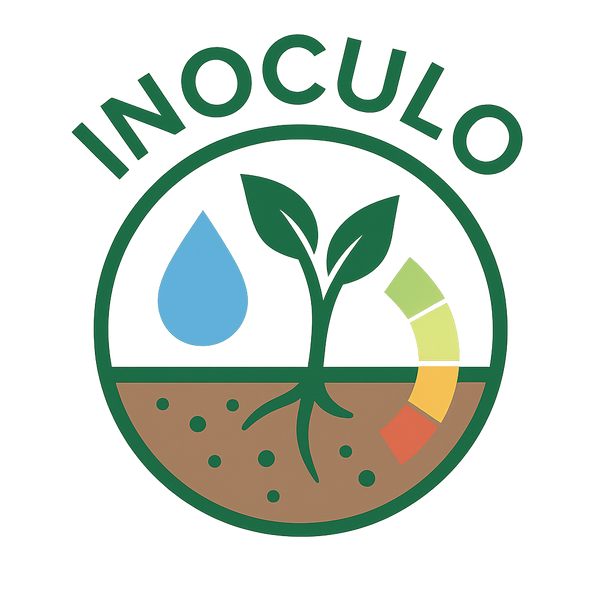As farmers and agriculture enthusiasts strive for increased crop yield, recognizing the pivotal role of soil pH testing becomes imperative. This in-depth exploration will not only shed light on the importance of soil pH but will delve into how understanding and managing it can be a game-changer for agricultural productivity.
The Foundation of Agricultural Success
A thriving crop begins with the foundation it is planted in. Soil pH, which measures the acidity or alkalinity of the soil, plays a crucial role in nutrient availability. Many essential nutrients that plants require for growth and development are influenced by the soil's pH level. In this context, soil pH testing emerges as the diagnostic tool that empowers farmers to tailor their approach for optimal results.
Unraveling the Impact on Nutrient Uptake
The relationship between soil pH and nutrient uptake is intricate. Certain nutrients are more readily available to plants at specific pH levels. This blog post will unravel this complexity, offering insights into how soil pH testing allows farmers to identify and rectify nutrient deficiencies or excesses. By understanding the nuances of nutrient availability influenced by soil pH, farmers can fine-tune their fertilization strategies for maximum efficiency.
Building Crop Resilience
Crop resilience is a key factor in mitigating the impact of stressors such as drought, disease, and pests. Soil pH testing plays a significant role in this aspect by influencing the availability of nutrients that contribute to plant health and vigor. We'll explore how maintaining an optimal pH range fosters resilient crops that are better equipped to withstand environmental challenges, ultimately ensuring a more robust and sustainable agricultural system.
Enhancing Overall Productivity
The ultimate goal of any farmer is a bountiful harvest. This blog post will discuss how soil pH testing is not merely a diagnostic tool but a proactive measure in enhancing overall productivity. By understanding the soil's pH, farmers can make informed decisions about crop selection, irrigation practices, and soil amendments. This knowledge, when applied judiciously, translates into increased yields, improved crop quality, and ultimately, a more successful harvest.
Towards a Sustainable Future
As we conclude, we'll emphasize the broader implications of integrating soil pH testing into agricultural practices. The sustainability of farming methods is intrinsically linked to understanding and managing soil health. By adopting soil pH testing as a standard practice, farmers contribute to a more sustainable and environmentally conscious approach to agriculture. This blog post aims to equip farmers and enthusiasts with the knowledge and insights needed to transform their approach, fostering a more sustainable and successful agricultural future.

